WSFA Special Report On Cell Phone Calls
Rickey StokesViewed: 6570
Posted by: RStokes
Date: Feb 20 2015 9:14 AM
Mark Bullock of WSFA does an excellent report on 911 Cell phone calls. This is the article and click on link for video story of Mark Bullock:
MONTGOMERY, AL (WSFA) - Odds are that your cell phone is your only phone. Land lines are becoming a thing of the past. But that can sometimes present problems when dialing 911. A cell phone can be much more difficult for 911 operators to locate.
"When it's mobile, we have no direct line connection and we can't tell where it is," said Montgomery 911 Director Larry Fisher.
To complicate matters, Fisher says cell phone towers often route calls to the wrong 911 center. Usually operators simply ask a caller for his/her location and transfer the call to the appropriate jurisdiction within seconds.
But there are times when 911 callers cannot speak. Perhaps they have suffered a medical attack. Or maybe a criminal is still inside their home. In those instances, finding a cell phone's location takes time.
Fisher says, "When a cell phone call comes in, we get a tower position on that phone. If we stay on the line with them long enough, we can actually 'bid' and get additional positions (from additional cell phone towers and GPS satellites)."
The process is made more difficult when a cell phone call is made from inside a building. Fisher says bricks, shingles and other building materials can slow down the transfer of data from the phone to towers and satellites.
In those instances, the process of locating a cell phone could take longer and reveal a much larger area. In close quarters, like apartment complexes, less specific location data could mean first responders are forced to use precious time searching for the emergency.
If you cannot speak, the best advice is to stay on the line and give the 911 operator more time to pull additional location data from your cell phone. Sometimes that extra minute is all it takes.
Meanwhile, the FCC is addressing the concern with the help of public safety organizations (APCO and NINA).
Newly approved FCC rules will now require cell phone carriers to provide more accurate location information. They must supply 911 operators with latitude and longitude information that is accurate down to 50 meters. However, because the technology improvements may take time and additional expense, carriers have up to five years to fully comply with the new requirements.
WEB EXTRAS:
- Sign up for Smart 911. It allows you to create an online profile with information 911 operators should know if and when you call in an emergency.
- The video version of this story included a 911 call from a woman whose vehicle was sinking in a pond. Because seconds count in this situation, many experts believe it is more important to work to free yourself from the submerged vehicle than it is to call for help. Here are tips on how to escape a sinking vehicle from 'Popular Mechanics'
- Statement from AT&T Vice President of Federal Regulatory Joan Marsh:
“AT&T is proud to be part of the ‘911' Consensus Plan filed in November. We have long relied on expertise from APCO and NENA to lead the way on 911 issues, and believe the robust framework filed in November will respond to public safety's call for more accurate location information, particularly for calls originating indoors. The framework seeks to leverage indoor location technologies increasingly available for commercial applications to deliver to first responders a ‘dispatchable' location for indoor 911 calls – a unique civic address, including critical apartment, floor or suite information. This approach improves on current technology as well as the solutions proposed by certain vendors that provide only a rough approximation of a caller's location, a result that is far short of the dispatchable address that first responders need and the public deserves."
"APCO and NENA should be applauded for their continued leadership in this area and we look forward to working with the Commission on implementing the next generation of location solutions.” - Statement from Verizon Senior Vice President of Federal Regulatory Affairs Kathleen Grillo:
“Mobile technologies have enabled remarkable innovations, including the enhancement of public safety applications for consumers and first responders. We are pleased to have worked with APCO and NENA and other mobile communications companies to help develop solutions to improve location accuracy in emergency situations.
“This agreement is a clear roadmap of achievable goals to improve indoor and outdoor location accuracy for wireless 9-1-1 calls using both current and future location technologies. It will also enable the public safety community to benefit as innovations and new technologies come online.
“We look forward to working with the FCC and the public safety community to implement this agreement and further meet the needs of consumers and first responders.”
Click HERE to watch the video..
<- back





 (2)1.jpg)



.jpeg)

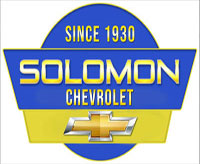
1.jpg)

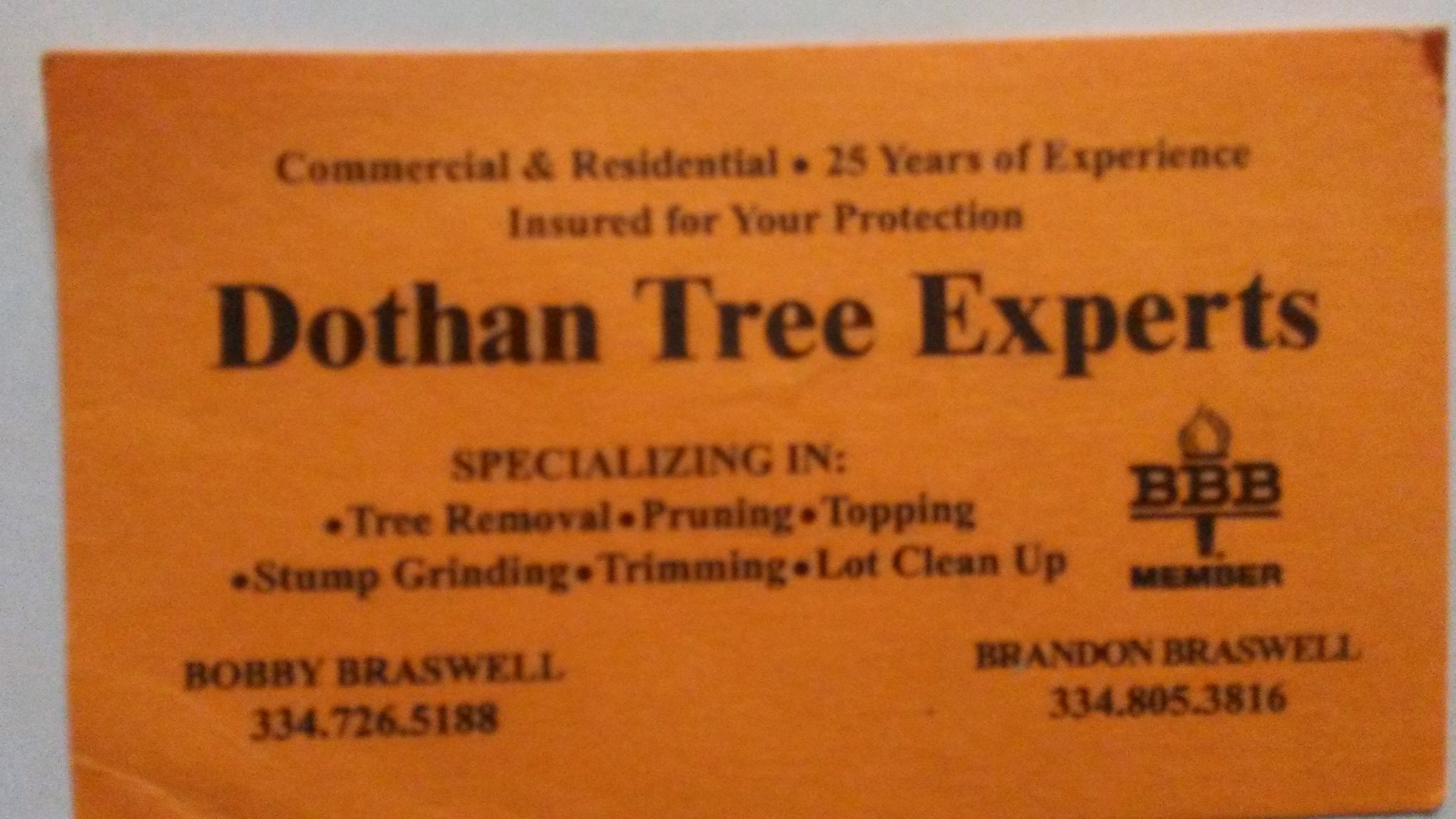




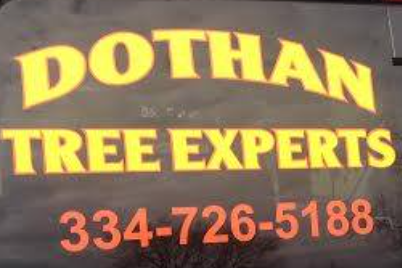



.jpeg)






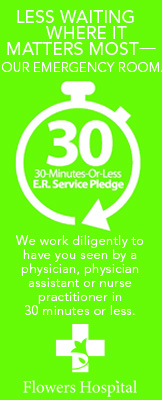
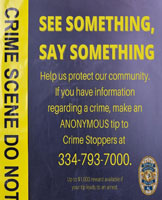



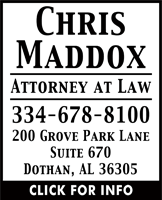
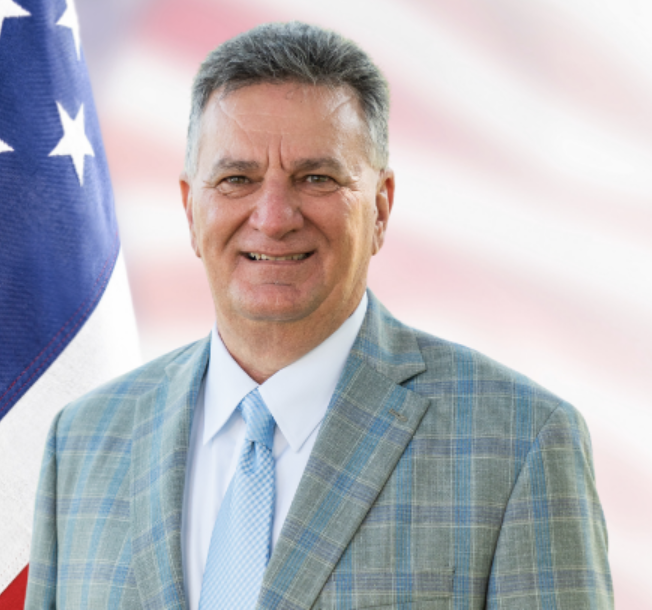

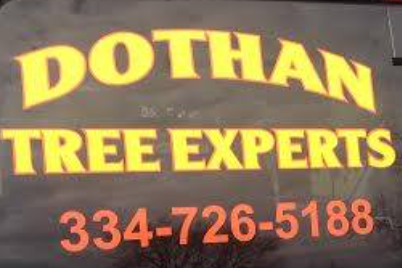











1.jpg)

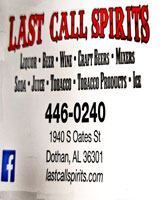
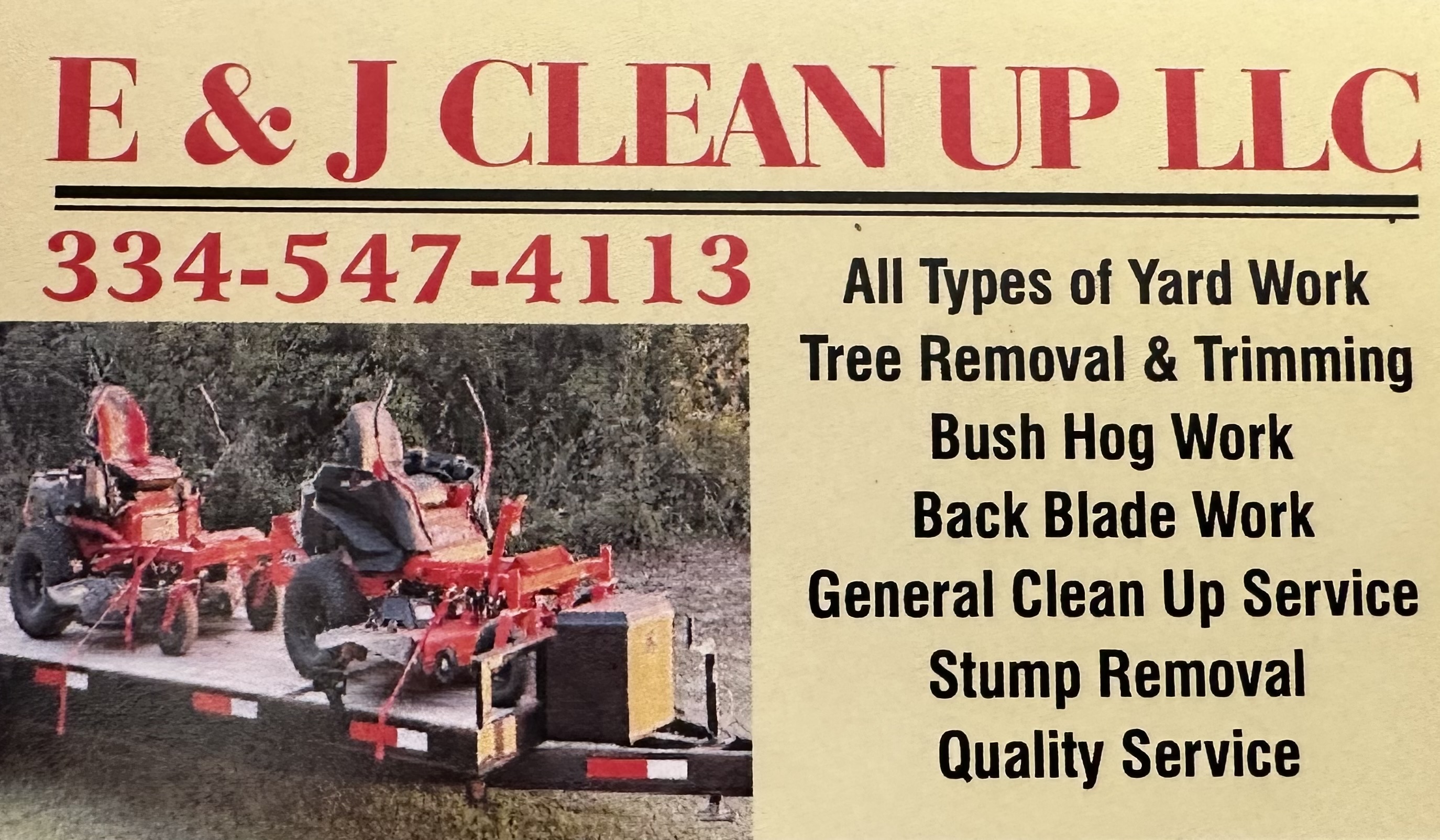
 (1).gif)
.jpg)

.jpg)






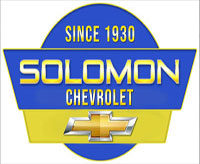




.jpg)
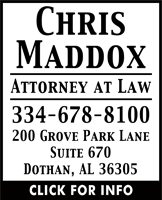
.JPG)
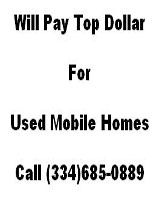



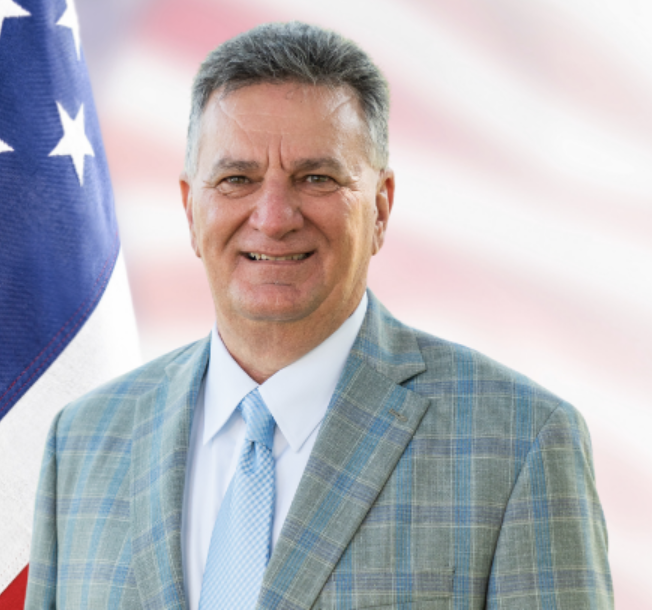
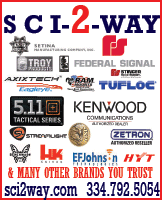
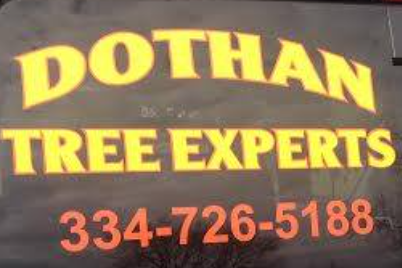

.jpg)
1.jpeg)

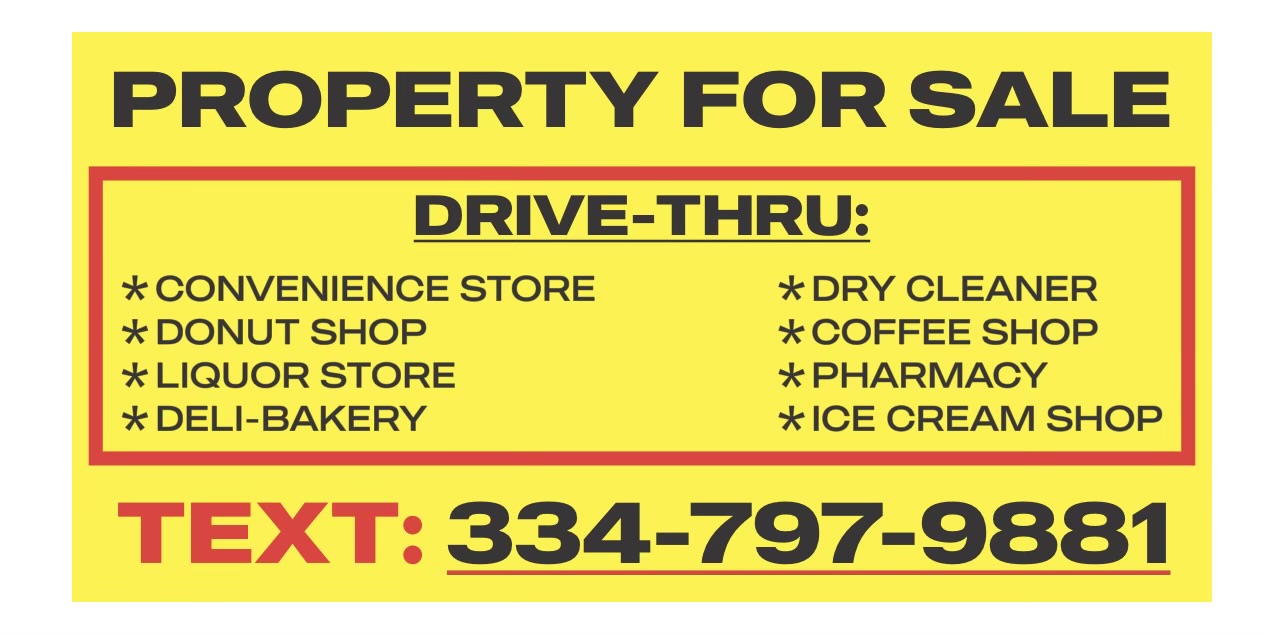



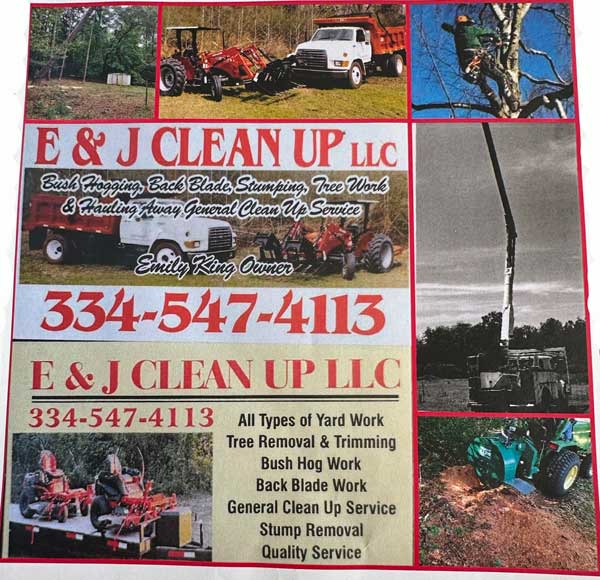



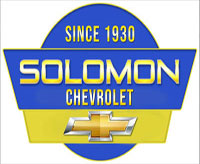




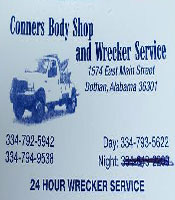
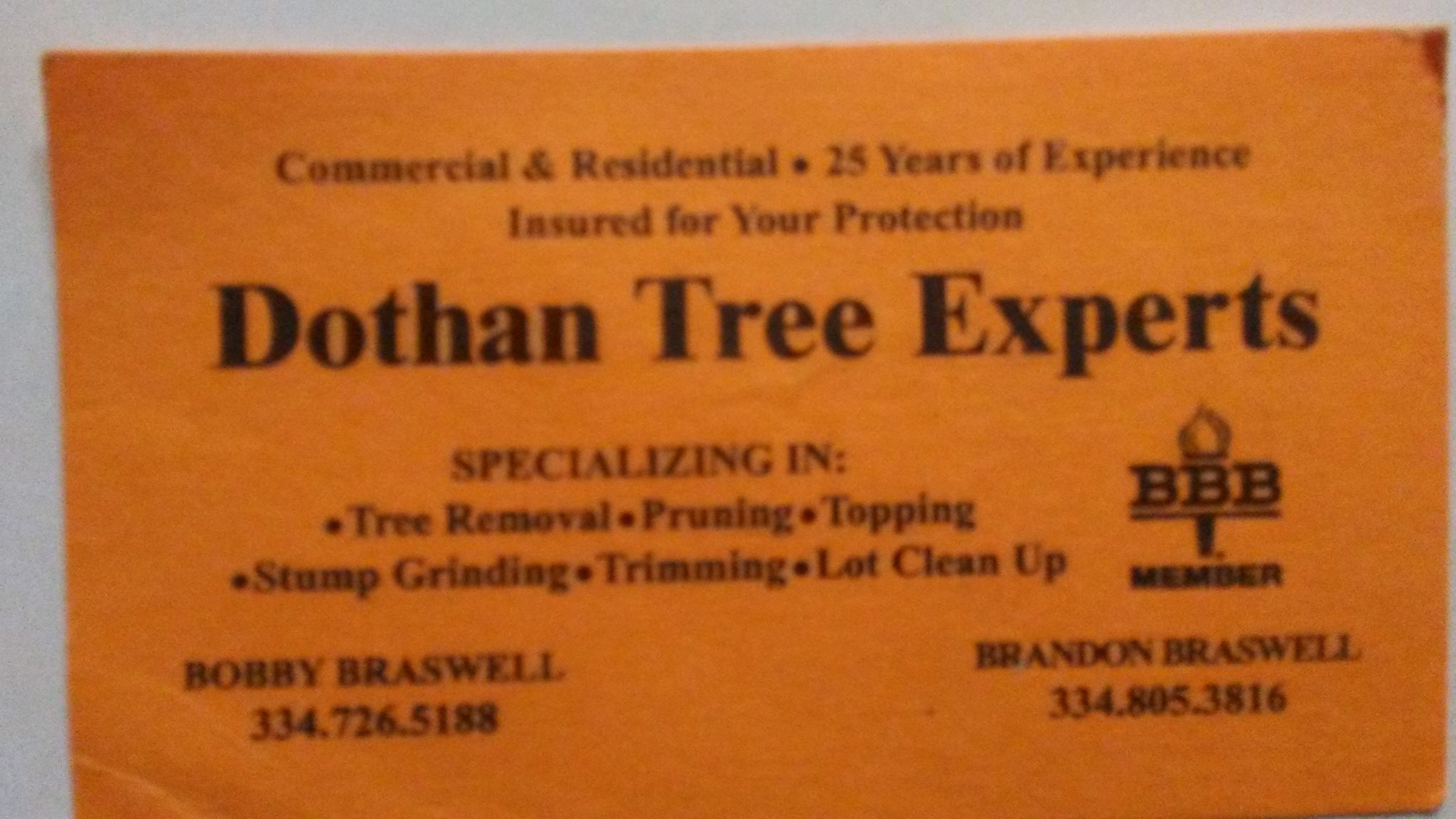
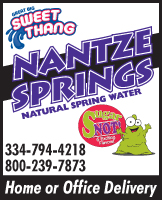
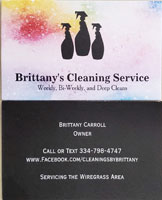



1.jpg)

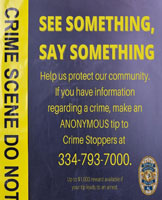
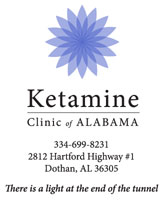
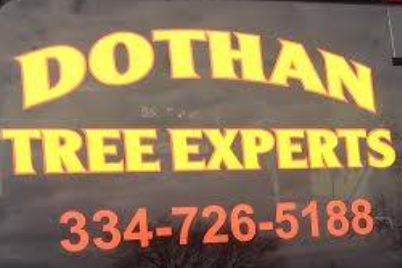
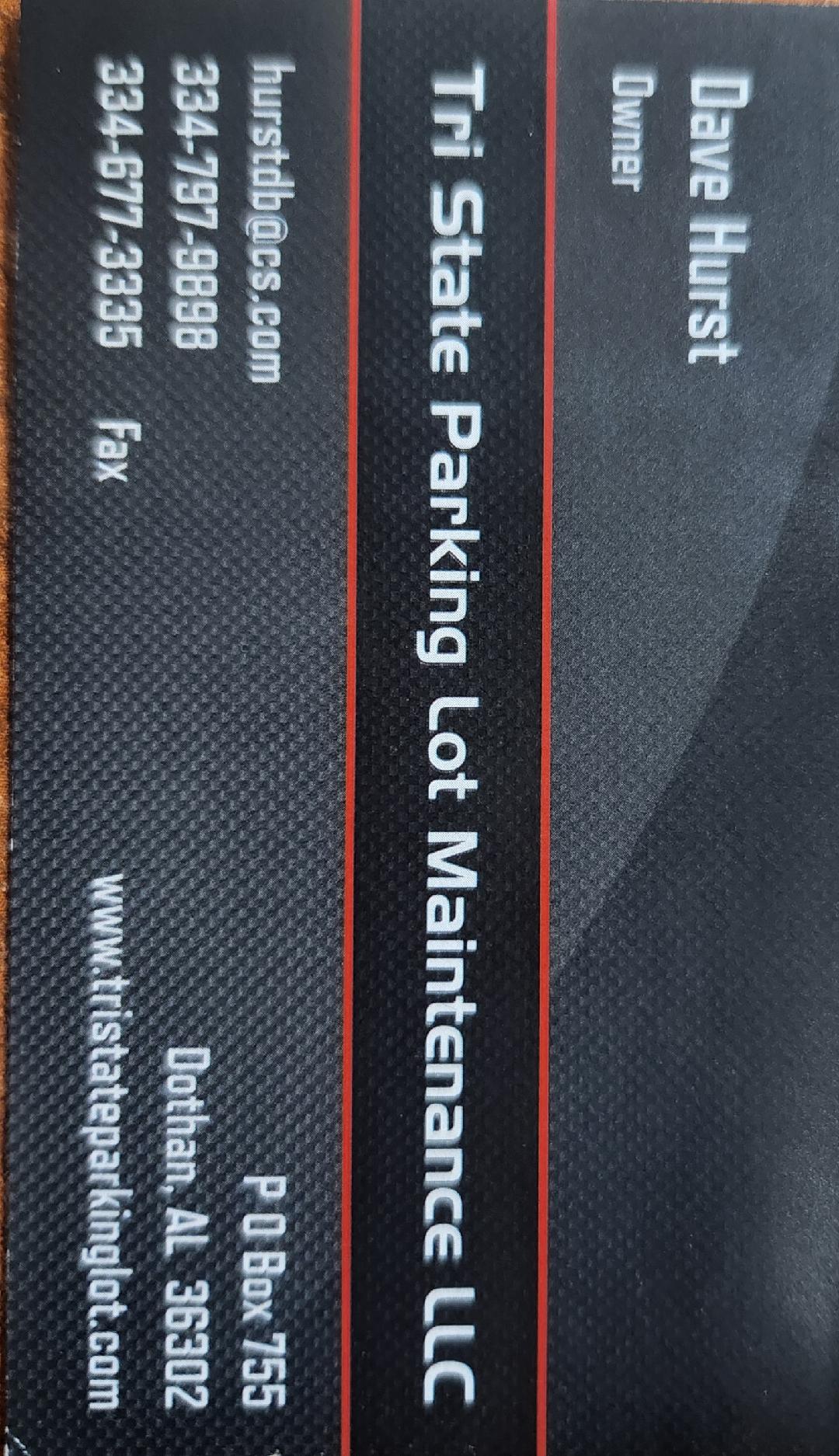


.jpg)

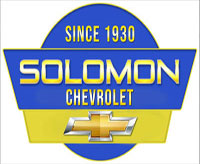


 (2).jpg)
